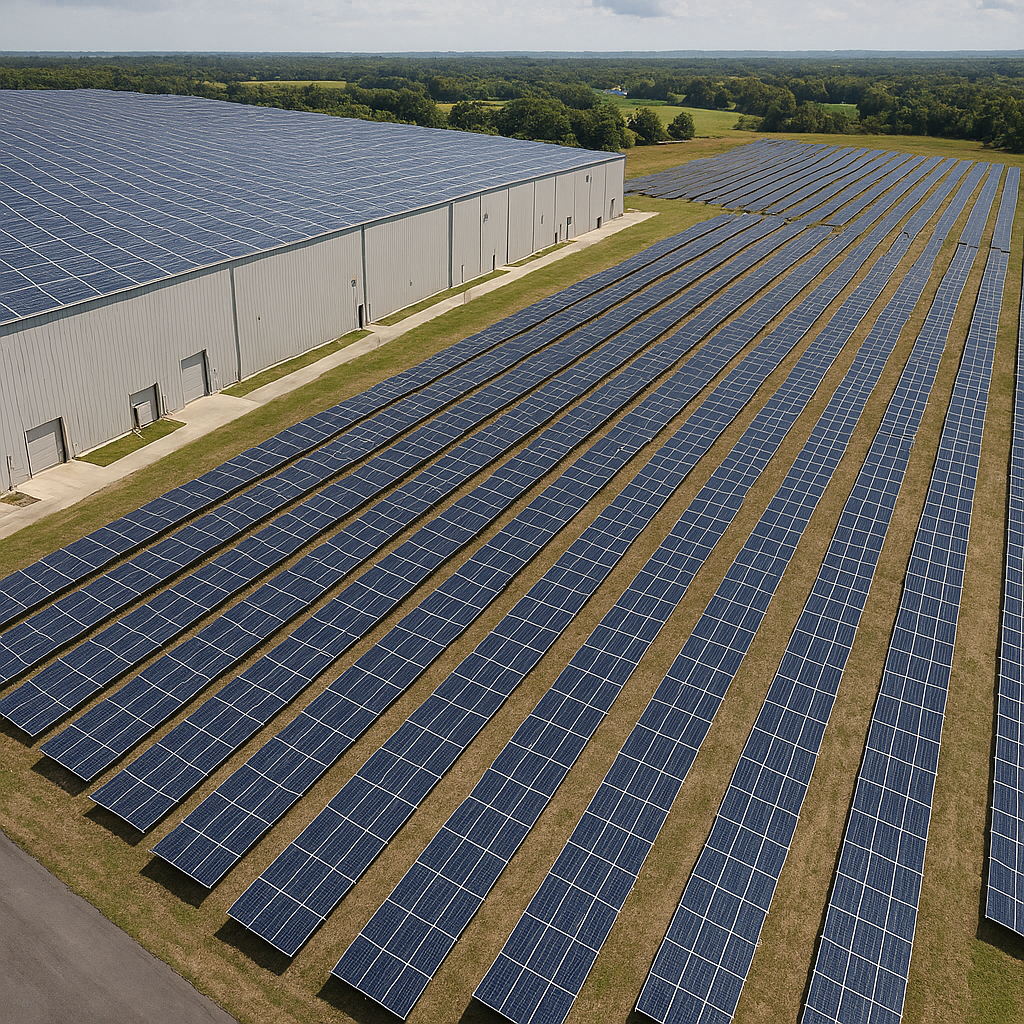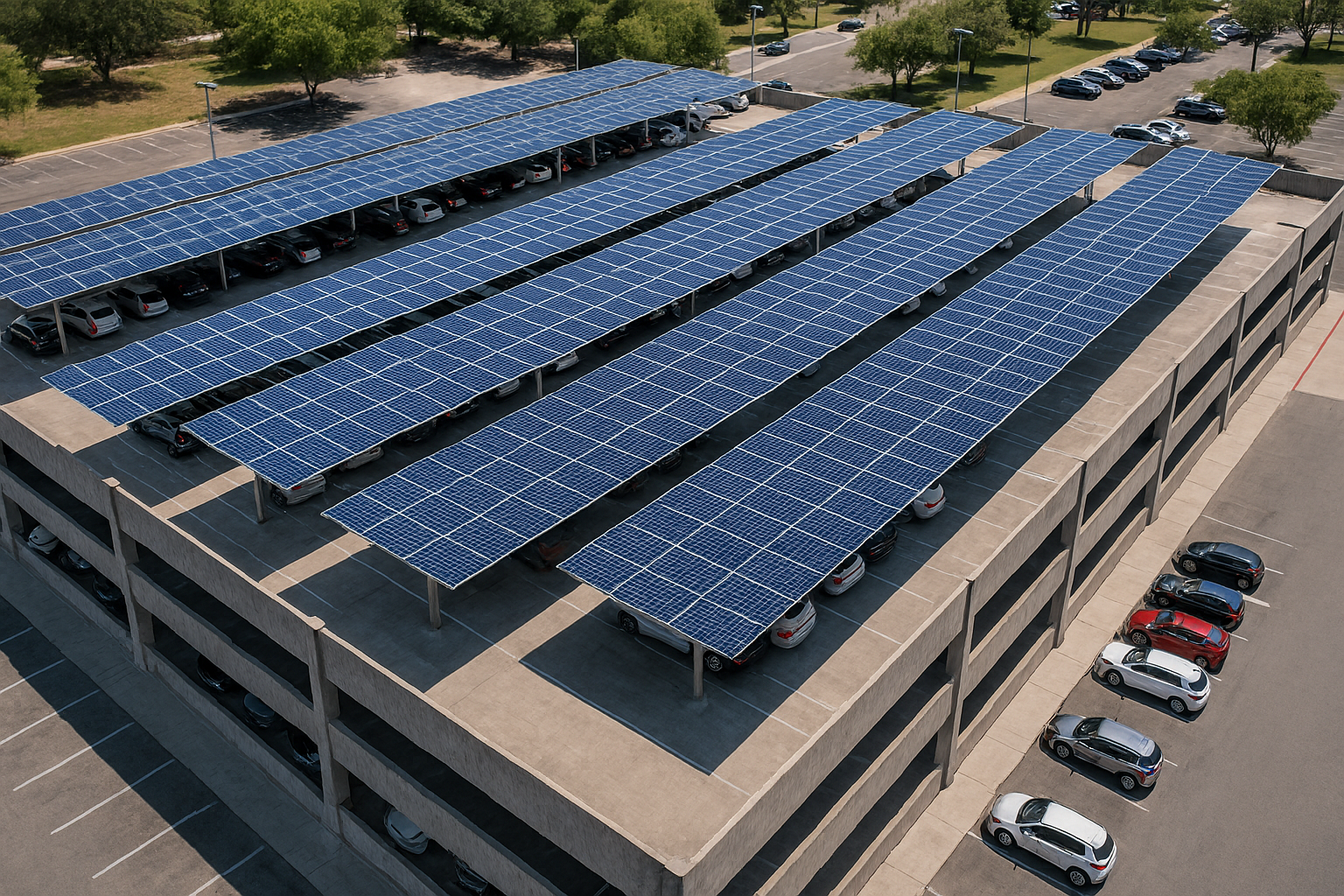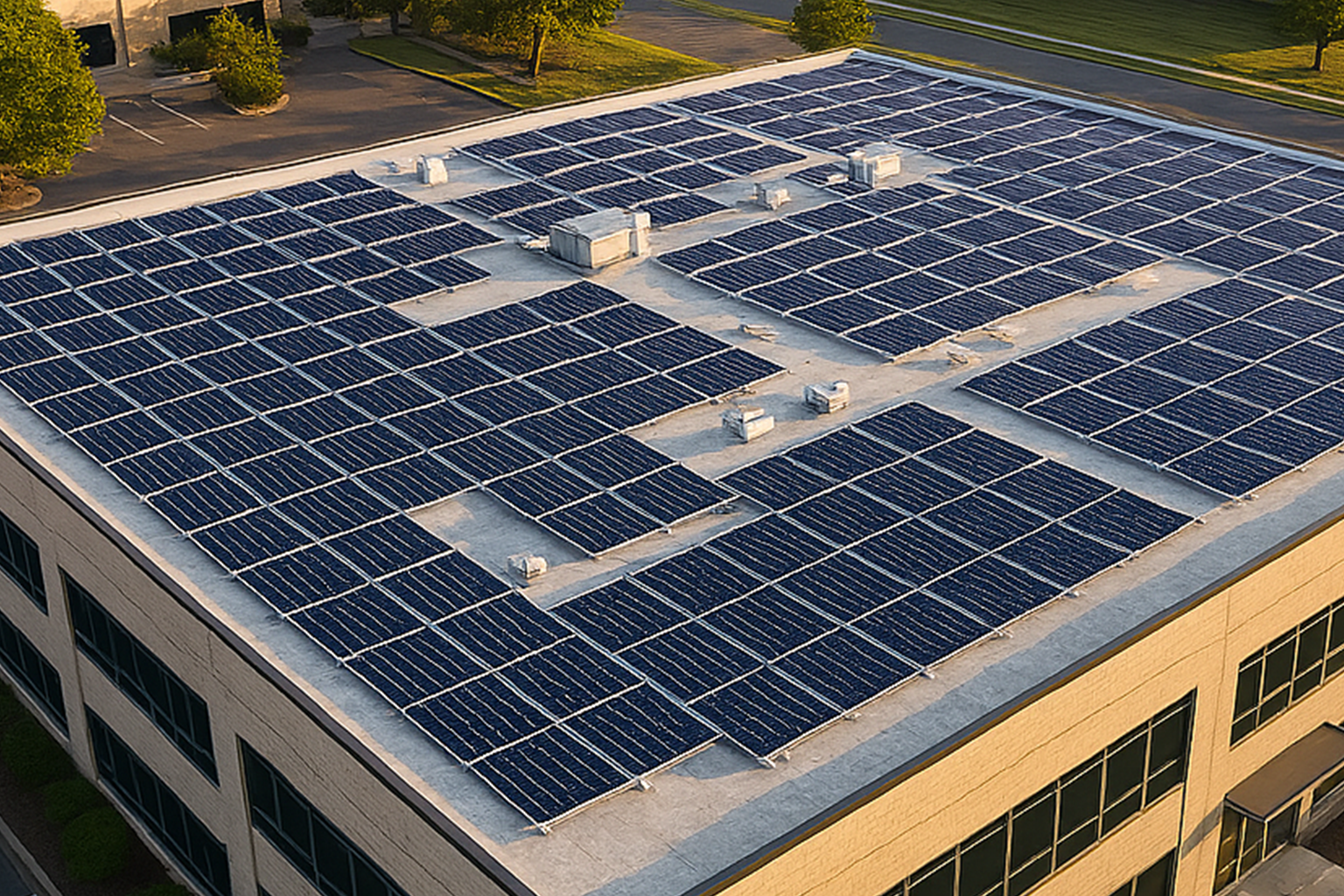Why your business might be leaving thousands on the table—and how to fix it.
Nobody likes realizing they missed out on free money. Especially when it’s the kind that could’ve covered half your solar installation or padded your Q4 budget. Yet that’s exactly what’s happening to thousands of business owners who invest in solar without fully cashing in on the tax breaks and incentives they’re entitled to.
Solar energy companies know the tech. But not all of them know the tax code. And that’s where things get expensive.
Solar’s Not Just About Panels—It’s About Perception
Sure, solar panels lower your electric bill. But they also send a message. Customers see a company investing in solar and think: “They’re smart. They care. They’re ahead of the curve.” That’s branding you can’t buy with a billboard.
Solar panel installation companies often focus on the hardware—wattage, placement, grid tie-ins. But the real ROI? It’s in the incentives. And if your installer isn’t talking tax credits, rebates, and depreciation schedules, you might be working with the wrong solar power energy company.
The Federal Freebies: Where the Big Bucks Hide
Let’s start with the heavy hitters. The Investment Tax Credit (ITC) is the crown jewel of solar incentives. It lets you deduct a whopping percentage of your solar system’s cost from your federal taxes. As of now, it’s hovering around 30%—but that number can shift, so timing matters.
Then there’s MACRS (Modified Accelerated Cost Recovery System). It’s a fancy way of saying you can depreciate your solar investment fast—like writing off a company truck, but with more sunshine and fewer oil changes.
Together, these two can cover nearly half your system’s cost. But only if you file correctly. Miss a form, delay a claim, or work with a solar power installation company that doesn’t flag the right paperwork? You’re eating the cost.
Local Incentives: The Stuff Nobody Tells You About
Here’s where things get quirky. Local programs vary wildly—some states offer property tax exemptions, others hand out cash rebates, and a few even let you sell your solar energy credits (SRECs) like stock options.
Virginia, for example, has net metering rules that let you bank excess energy. That’s not just good for the planet—it’s good for your bottom line. But these perks are hyper-local. Like SEO, they depend on where you’re based and how well you understand the terrain.
If you’re working with solar companies that don’t know your zip code’s quirks, you’re probably missing out.
Mistakes That Burn Your Budget
Let’s talk about the stuff that trips people up:
- Forgetting to claim accelerated depreciation
- Missing deadlines for rebate applications
- Choosing solar panel installation companies that don’t offer tax support
- Assuming your CPA knows energy credits (spoiler: many don’t)
It’s like hiring a web designer who builds a pretty site but forgets mobile optimization. Looks great—converts terribly.
So How Do You Actually Get Paid?
First, work with solar companies that treat tax strategy like part of the install. Ask them about ITC, MACRS, and local rebates before you sign anything.
Second, loop in a CPA who’s fluent in energy incentives. Not just someone who “does taxes”—someone who understands how solar fits into your business structure.
And third, document everything. Receipts, install dates, system specs. It’s boring, yes. But it’s also the difference between a five-figure refund and a polite IRS rejection letter.
Final Thought: Going Solar Isn’t Just Smart—It’s Strategic
Solar isn’t just about saving the planet. It’s about saving money, building brand equity, and future-proofing your business. But only if you claim what’s yours.
So before you sign off on that next solar proposal, ask yourself: Am I working with solar power energy companies that understand the full picture—or just the panels?




Leave a Reply